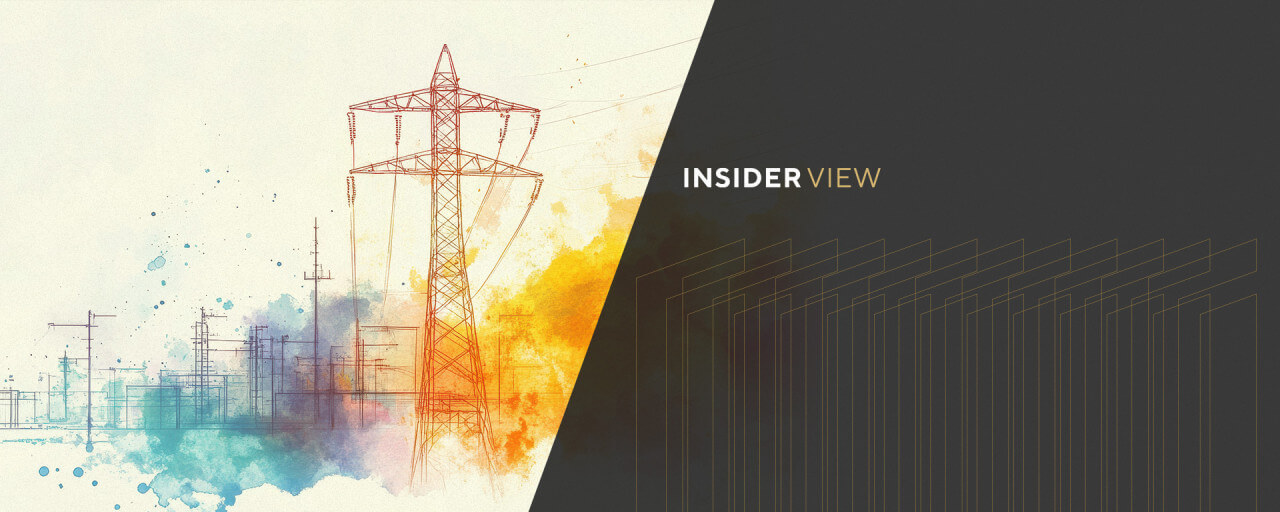

According to the committee members, reviewing NGCP’s franchise may implicitly lead to its cancellation. If Congress is serious about this threat, this may be the first big bang in the power industry for 2025.
The questions raised during the hearing pointed to three endemic problems in the industry. NGCP alone cannot solve these problems. As I have always espoused in this column, the government must reboot the entire regulatory framework.
What are these problems?
Right-of-way issues
At the ground level, the problem of NGCP is getting the right-of-way (ROW) for its transmission lines. ROW issues are legal and technical concerns that require adroit moves at the tactical level.
When National Power Corp. (NPC) was a government monopoly, it faced similar issues. Using the power of eminent domain requires a certain level of competence at the technical level and human relations skills at the operating level.
Regulatory approvals
The second problem concerns the regulatory approvals of NGCP’s applications with the Energy Regulatory Commission (ERC). The last time I checked, the ERC still had to approve 112 project applications made by NGCP. Given the ERC’s workload, it cannot efficiently dispose of these cases.
Again, as I have explained in previous columns, the ERC must find ways to deregulate further, especially in the generation sector, to focus on the cases of monopolies like NGCP and distribution utilities.
PBR, prepayment issues
The third problem is fundamental. As the first two problems imply the ability of NGCP and the ERC to execute their roles efficiently, the use of the Performance-Based Ratemaking methodology (PBR), which is supposed to reward efficiency, will lead to the problems pointed out by the House Committee: consumers end up paying for delayed projects, or worse, unimplemented ones as well.
This “prepayment” issue occurs because PBR funds future projects and expenses. In theory, PBR is supposed to ensure the speedy and efficient implementation of projects and will reward NGCP if it can surpass what ERC would have approved for the next five years.
Consumers' view
Unfortunately, the first two problems make implementing the PBR challenging. If NGCP cannot execute the projects, the consumers’ prepaying for these projects will seem unfair.
A consumer group, Nasecore, questioned the legality of using PBR with the Supreme Court last month. It seeks to nullify ERC Resolution No. 4, issued in 2003 and allowed PBR.
Nasecore asserts that the “PBR allows distribution utilities to charge consumers based on forecasted costs rather than actual investments.” The group argues that consumers are prepaying the investments without assurances of improved service quality.
If the SC nullifies the PBR, that may lead to billions of refunds. Moreover, solutions still need to be found for the ROW and regulatory issues.
A big task ahead that can lead to a big bang in 2025.
A Prosperous New Year to All!!!

A power industry expert with over 40 years in experience as chief executive officer in firms ranging from banking, power, and advisory services.